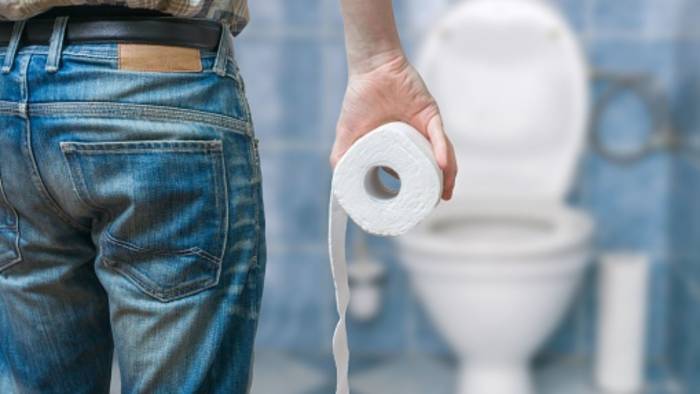
Understanding the Causes Types and Symptoms of Hemorrhoids
Are you experiencing discomfort and pain in your nether regions? It could be haemorrhoids. Haemorrhoids are a common condition affecting many people, but it's still something we don't often discuss. In this blog post, we'll dive into the causes, types, and symptoms of haemorrhoids so you can better understand what's going on down there.
What are Hemorrhoids?
Haemorrhoids are small, swollen veins in the rectum and anal canal. They can be caused by various factors, including: straining during bowel movements, obesity, childbirth, and constipation. Haemorrhoids can be treated with over-the-counter creams and suppositories or through surgery.
Types of Hemorrhoids
There are several types of haemorrhoids, which are determined by the cause of their formation:
External haemorrhoids are the most common type. They form when blood vessels in the skin enlarge and push against the rectal wall. Treatment involves surgery to remove the haemorrhoids and sometimes suturing them closed.
Internal haemorrhoids form when blood accumulates in the tissue between the rectal walls and causes swelling. Treatment usually involves medication to shrink the haemorrhoids and relieve their pain with topical creams or a suppository. If symptoms worsen, surgical intervention may be necessary.
Prolapsed haemorrhoids occur when one or more of the small veins that drain blood from the rectum prolapse (fall out). This can cause intense pain, bleeding, and discomfort. Surgery can fix prolonged haemorrhoids if they're large enough to be seen or felt.
Causes of Hemorrhoids
Haemorrhoids are caused by a variety of factors, including:
-Straining during bowel movements or sexual activity
-Inflammation of the lower rectum and anus
-Sitting for long periods
-Pregnancy
- Chronic anal fissures or tears
Symptoms of Haemorrhoids
Symptoms can range from mild and bearable to quite severe and unbearable. The common symptoms include itching, swelling, pain or discomfort in the anal area, a lump near the anus, which is often painful when touched, bleeding during bowel movements (known as rectal bleeding) and mucus discharge after passing stool. In some cases of haemorrhoids, an unpleasant odour may also be associated with the condition. If you notice any of these symptoms, it is important to see Piles Surgeon in Agra for a proper diagnosis as soon as possible so that appropriate treatment can be administered.
How is Hemorrhoid Treatment Done?
Haemorrhoid treatment ranges from self-care measures to surgical procedures. Self-care measures include using haemorrhoid creams or ointments, eating a high-fibre diet and drinking plenty of water. Other treatments may include rubber band ligation, sclerotherapy or laser therapy. Surgery such as hemorrhoidectomy is recommended in severe cases to remove the affected tissue and relieve symptoms.
Conclusion
If you're experiencing haemorrhoids, seeking professional help from Piles Specialist Doctor in Agra is important as soon as possible. There are many types of piles, each requiring a different treatment approach. If you experience recurring episodes of haemorrhoids or severe pain, consider talking to Best Doctor for Piles in Agra about using over-the-counter medications or lifestyle changes such as diet and exercise to manage the condition.



